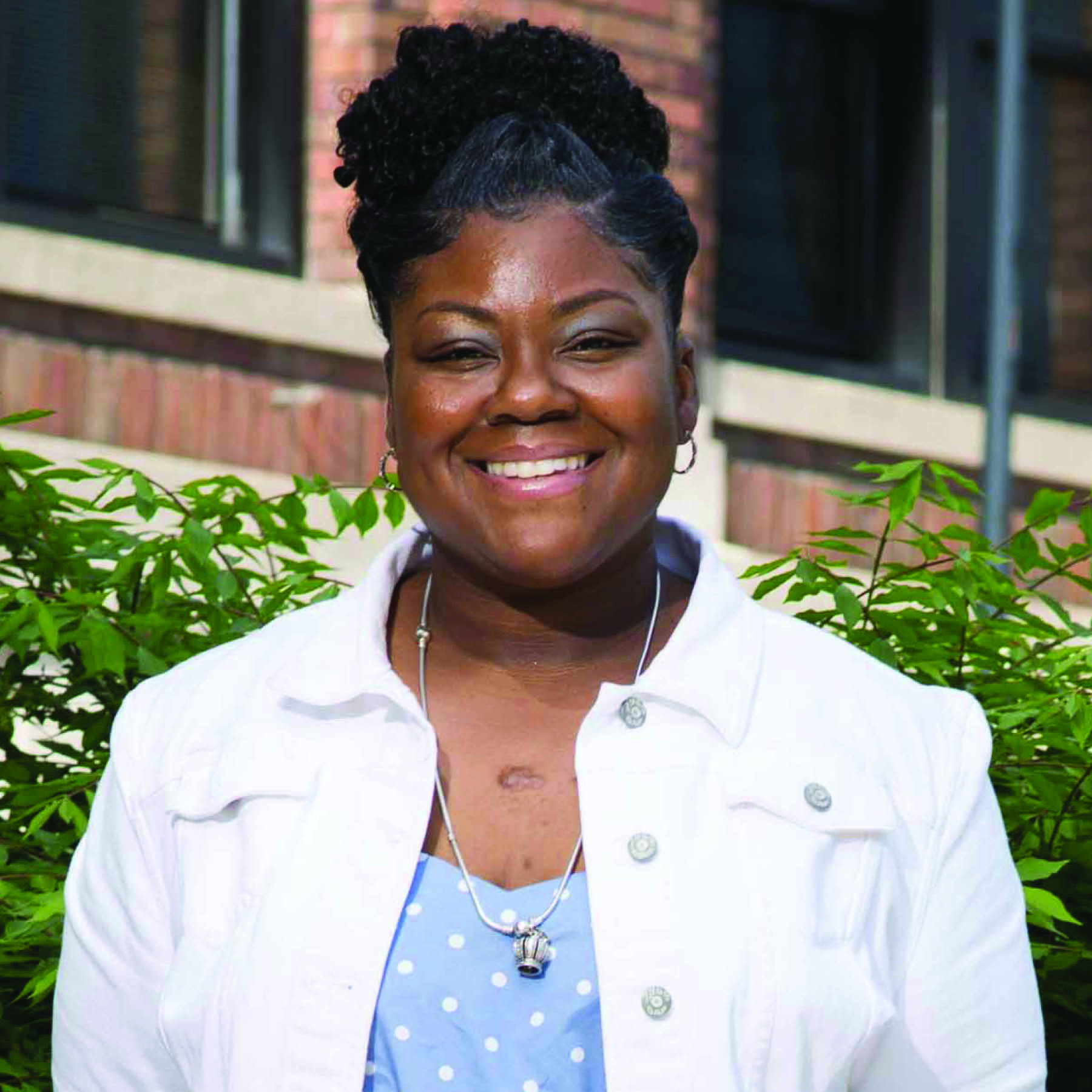African Centered Practices in the Community and in the Classroom
Daicia Price (Clinical Assistant Professor, School of Social Work)

When Afrocentric principles are explicitly credited as a theoretical wellspring for inclusive teaching practices, they can be a powerful means of reorganizing course structures to challenge dominant cultural assumptions about inferiority and superiority that harm both students of color and white students.
By centering the experiences of Black people and incorporating Black cultural traditions into Social Work 713: An Afrocentric Approach to Practice with African American Individuals, Families and Communities, Professor Price disrupts traditional pedagogical frameworks that often assume a white social work practitioner. The course rejects a deficit-oriented lens for clients and acknowledges the racial identities of social work students, instead of erasing them.
Infusing Afrocentric principles into classroom structure and content delivery in intentional and strategic ways can take many forms. Professor Price’s syllabus includes students’ expectations of each other, highlights previous and current African American contributors on a weekly basis, and offers the flexibility of multiple modes for completing assignments through written, oral, and artistic expression. It intentionally creates an environment that fosters learning, growth, and development for a collective group.
In other disciplines, a similar client-centered approach could improve understanding of historical harms to communities of color that have created mistrust of healthcare providers and systems. In business, the practices could address how to amplify voices of color without tokenizing them or exploiting them for profit. Disrupting traditional methods of teaching and learning in these ways can disrupt and dismantle racism at institutional and interpersonal levels.
Student Comments
This course embodied the approach that it taught.
From an African-centered approach, students identified and evaluated how their past and present environments impacted their worldviews and could impact service delivery and engagement with clients and client systems.
The practice method uses an antiracist and diversity framework to consider history, past trauma, oppressive systems, and strengths to impact change instead of solely relying on the client as an individual.
This has been one of the best classes I’ve taken at Michigan. I am not a social work student, but this class gave me both a deep insight into Afrocentric approaches and showed me the shortfall of Eurocentric approaches. It also helped me to cultivate curiosity and learn the right questions to ask and where to find answers.
[Instead of a formalized paper, I developed] a podcast that addressed the unique experiences of Black Millennials coping with racial stress through substance abuse and their journeys to sobriety.
During the “School’s in Session” series, students and the professor combined African-Centered Principles and the National Association of Social Workers Code of Ethics to work through case studies for groups, individuals, and families.
U-M is a predominantly white institution. Professor Price centered the experiences of Black, Indigenous, People of Color which is rare and the first time that many of us had experienced that.

